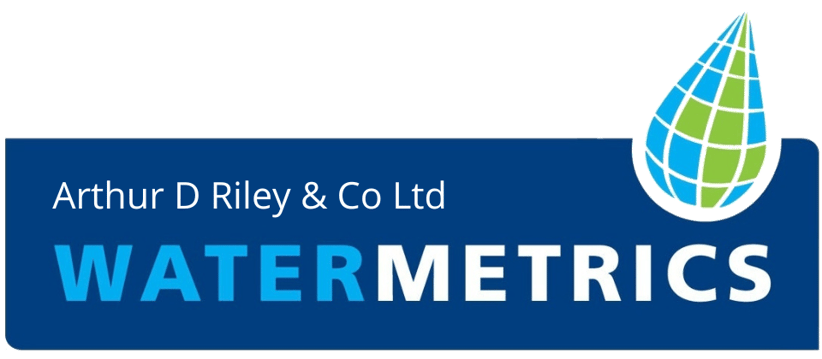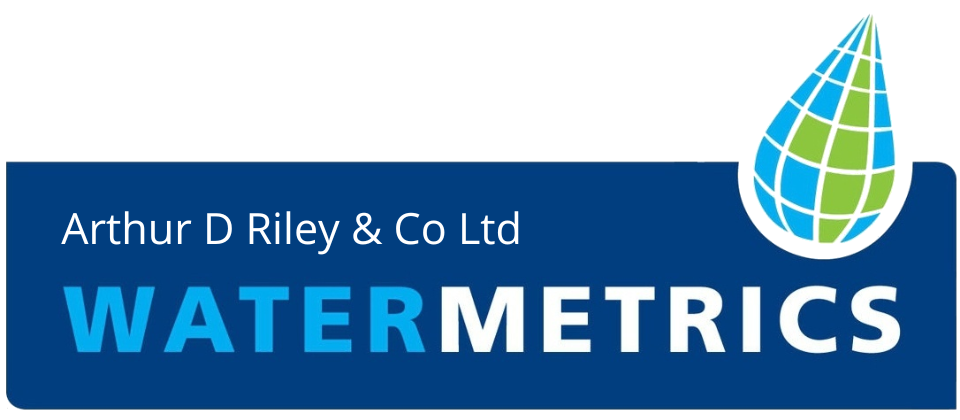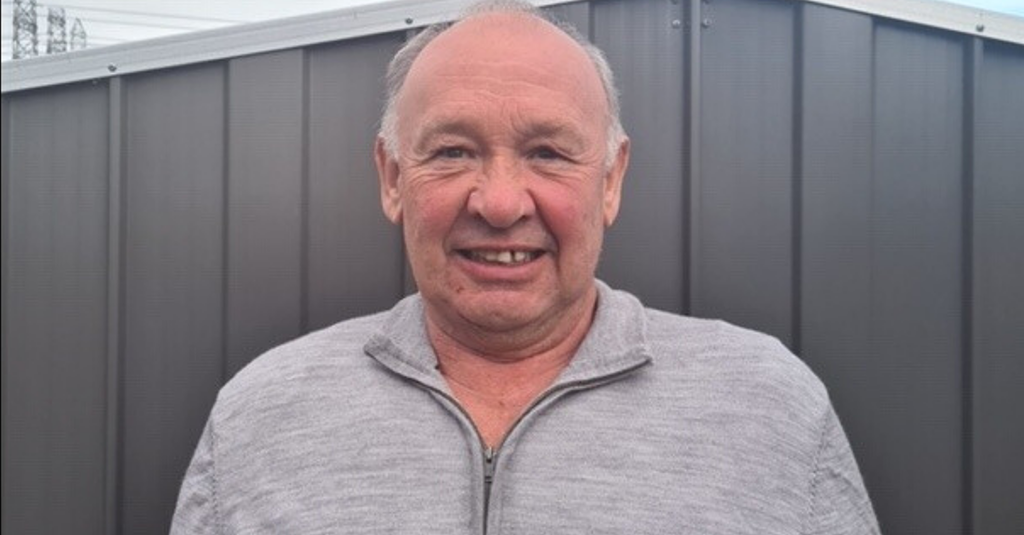Why New Zealand farmers need to manage on-farm environmental risks with an FEP
If you haven’t heard of a Farm Environment Plan (FEP), now’s the time to get up to date. An FEP is a tool that helps farmers recognise any environmental risks their farm might have and creates a programme to manage those risks. Each FEP is unique to the farm it has been set out for, as it looks at their specific climate and soils, what kind of farming operation it is, and what the farmer’s objectives are. By 2025, an FEP will be an essential part of every Kiwi farm’s management system. Not having one in place could prove costly, if and when FEPs become mandatory.
Not having an FEP in place leaves farmers at risk of non-compliance in the areas of regional and district council plan rules, and regulations such as those that prevent stock from water bodies on flat or gentle terrain. A farm may also be in a situation where they have multiple consents, (e.g. discharge to land, farming land use, water take/use etc) that all have a requirement to implement an FEP and have an FEP audit. This can be confusing as they may have different requirements for FEP content.
However, the main focus of FEPs is to help farmers make sure they’re running an environmentally responsible and sustainable operation. Government and council regulations are one thing, but increasingly public perception is playing a role in how farming operations are run.
Having an FEP is probably the most effective way farmers have to demonstrate that they are operating in a sustainable and environmentally responsible manner, says DINZ environmental policy manager Lindsay Fung.
“Regulators and the general public are looking for proof, so it makes sense to read the winds of change and take control of your own destiny,” says Fung. “You know what the environmental risks are on your property. So your FEP would therefore prioritise actions to reduce those risks. When used in the context of the water quality issues in the whole catchment, an FEP can deliver great improvements for least cost.”
Most of New Zealand’s leading dairy companies – Synlait, Fonterra, Miraka, Westland Milk Products, Open Country, Tatua – require their suppliers to have an FEP in place before they’ll accept their milk. At the very least, they’ll pay more for milk that’s sourced from an FEP-compliant operation.
Recently, Synlait launched their Lead With Pride initiative. Essentially, this is about certified best practice in dairy farming, and demonstrating industry leadership in food safety and sustainability. The environmental goal is to protect Canterbury’s unique environment, as it is reflected in the quality of the milk produced in the region. So, to become Certified Members – and reap the rewards – farmers must demonstrate excellence in efficient water and irrigation management. In short, having an FEP in place is essential.
Fonterra supports suppliers who invest in environmental improvements on their farms, as they understand that setting environmental limits for water is something regional councils have in mind – and in some areas, have already set them. FEPs help farmers to meet these new limits, and Fonterra have piloted a new FEP service in collaboration with Waikato Federated Farmers to help farmers prepare for the proposed Waikato Regional Plan Change.
Farming operations in areas like Taranaki, Canterbury and parts of Hawkes Bay are familiar FEPs. A large part of their success is down to skilled and knowledgeable advisors working with farmers to create tailor-made plans that address the farm’s specific needs, requirements and challenges. These advisors bring practical experience to the table in all areas of environmental management, including biodiversity, wetlands, water quality, pests, erosion and sediment loss.
At Watermetrics, we help you to understand environmental impacts and sustainability, so that you can preserve your water quality and assert your credibility in the public eye, providing reassurance that you are farming responsibly and sustainably. Our solutions provide you with the data you need for your FEP audits.
Farmers use Watermetrics to make better-informed decisions about managing their farming operations, from how to maximise their efficiency to staying compliant with resource consents. When it comes to FEPs, they choose us because:
-
-
- We offer secure and standardised data, which enables benchmarking
- Our software is robust, customisable and dependable
- Our solution has a user-friendly interface that means you can easily interrogate and analyse data
- Help you to better understand the capacity of your land from an environmental point of view
-
The Watermetrics FEP solution also enables the data from the FEP to be easily exported to an auditor that’s already formatted – which is a big time saver.
An FEP that’s been custom designed for your farming operation means you’ll have access to support and expertise. You will have peace of mind that you’re farming in an environmentally responsible manner, to the best of your ability and supported by advisors with practical knowledge. You also have the assurance that your farm will remain compliant, especially when mandatory measures are implemented.





